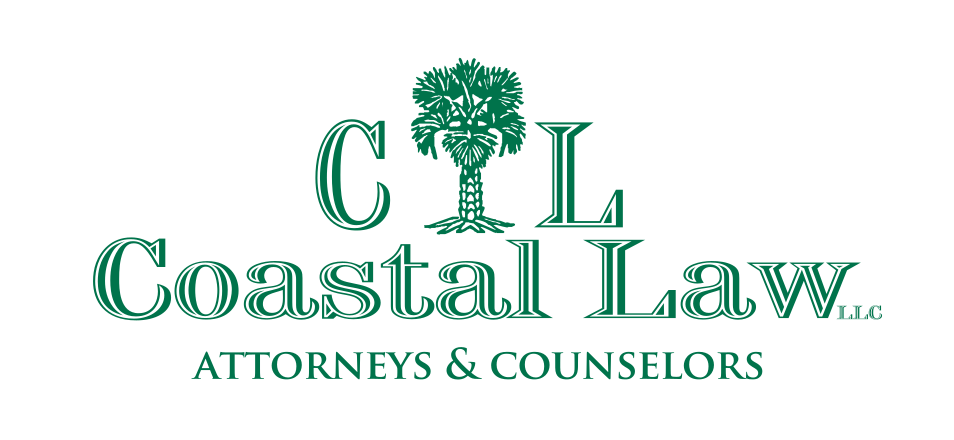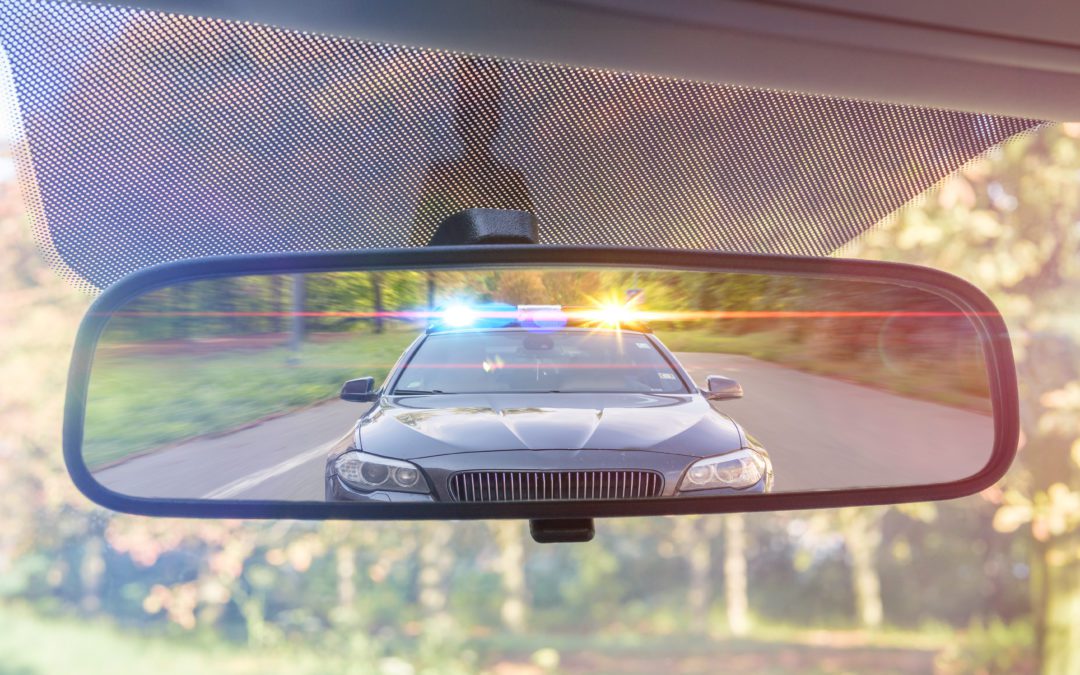To some law enforcement officials in SC, the Fourth Amendment prohibition against unreasonable search and seizure is an inconvenient obstacle to doing their job.
They are always looking for ways to get around it and search people and their property with no warrant and no probable cause – law enforcement is trained in Fourth Amendment law not so much to ensure compliance with it, but to get around it… After all, the more people you search, the more contraband you will find, the more arrests you can make, and the more money you can confiscate on the roadside.
Venturing into the grey area of the limits of Fourth Amendment search and seizure law, the U.S. Supreme Court held last week that borrowing a rental car from a friend or family member does not result in a forfeiture of constitutional rights.
When Can Police Search Your Car?
In 2014, Terrence Byrd’s girlfriend gave him permission to drive a car she had rented, although he was not listed as an authorized driver. He was followed and then pulled over for a minor traffic violation. Police then decided that, since his name was not on the rental agreement, they did not need a warrant or probable cause to search the car.
They found body armor and a large amount of heroin in his trunk – does the end justify the means?
Byrd’s attorneys argued that the search was a violation of the Fourth Amendment guarantee against unreasonable searches and that any evidence found during the search should be suppressed. The District Court disagreed, and Byrd was convicted and sentenced to 10 years in prison.
The Constitution is More Important than a Rental Agreement
But, the Supreme Court ruled unanimously that a driver who is “in otherwise lawful possession and control of a rental car” has the same expectation of privacy they would have if their name were on the rental agreement. This means that, per the Fourth Amendment, police need to have a warrant or probable cause to believe a crime has been committed before they can search a borrowed rental car.
Attorneys for the government argued that a rental car driver who is not listed in the rental agreement does not have any expectation of privacy.
Byrd’s attorneys and privacy advocates, including the American Civil Liberties Union (ACLU), countered that denying these drivers their constitutional rights would give police a tremendous incentive to pull over every rental car they see (don’t they already do that?).
Writing for the court, Justice Anthony Kennedy noted that “the mere fact that a driver is not listed on the rental agreement will not defeat his or her otherwise reasonable expectation of privacy.” Kennedy also wrote that there “may be countless innocuous reasons why an unauthorized driver might get behind the wheel of a rental car and drive it.” For example, the renter may be drunk or exhausted, and they should have the option of getting someone else to drive them safely.
The Ends Do Not Justify the Means
The Supreme Court ruling is a win for all of us – the justices unanimously decided that our constitutional rights are more important than the details of a rental agreement.
However, the ruling may not help Byrd in the end – the high court ordered the lower court to determine whether state troopers had probable cause to search the vehicle – the issues that may arise in the lower court now include:
- Whether driving a rental car, sitting far back in your seat, and placing your hands at the two and ten positions on the steering wheel = reasonable suspicion of criminal activity (yes, the driver’s manual says you should have your hands at the two and ten positions on the steering wheel); and
- Whether there was a reasonable suspicion to justify a continued roadside detention.
H/T Charleston Criminal Defense Blog.
Drug Trafficking and Criminal Defense Lawyers in Myrtle Beach, Conway, Charleston, and Columbia SC
If you have been charged with drug trafficking in SC, or if you were arrested following a traffic stop in Myrtle Beach, your drug crimes defense attorney at Coastal Law will get the evidence against you, investigate your case to find favorable evidence, and analyze the video, incident reports, and statements by the officer to determine whether there was probable cause for the search and arrest.
Whenever possible, we will find a way to get the evidence suppressed and to get your case dismissed – if your case is not dismissed or if there is not a result that you agree with, we will try your case to a jury and argue for the court to suppress the evidence against you.
Call now at (843) 488-5000 or message us online to set up a free consultation to discuss your case.


